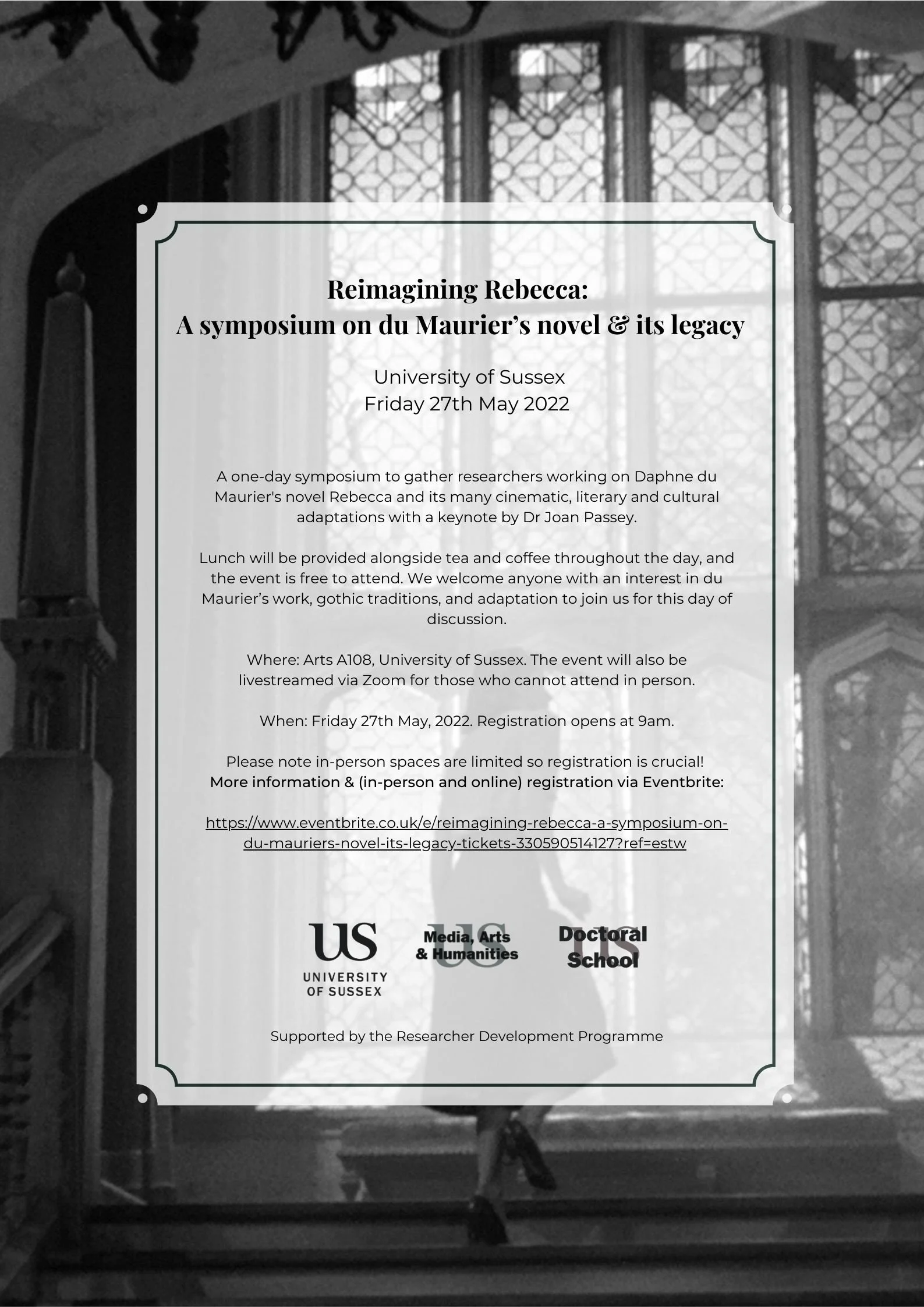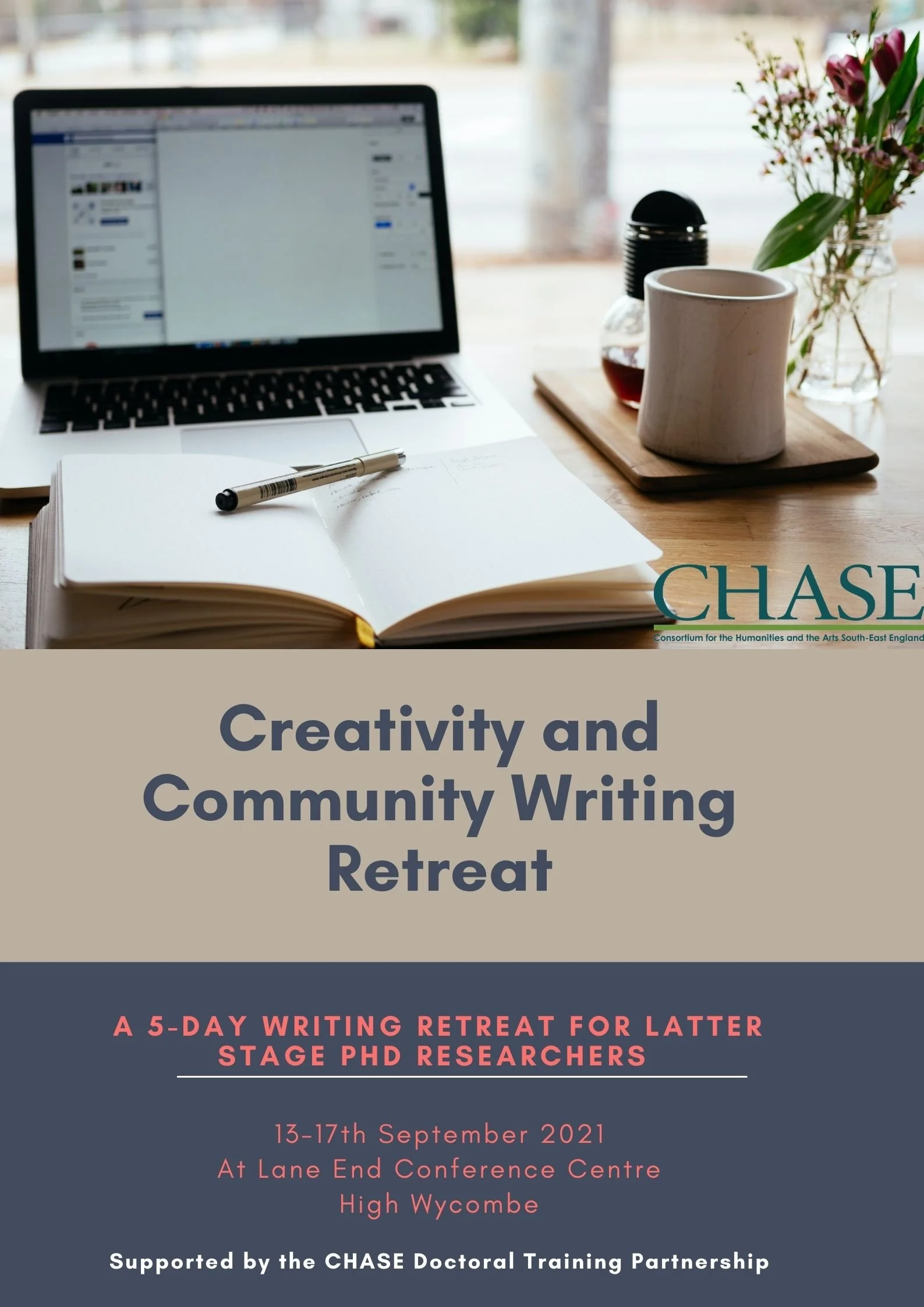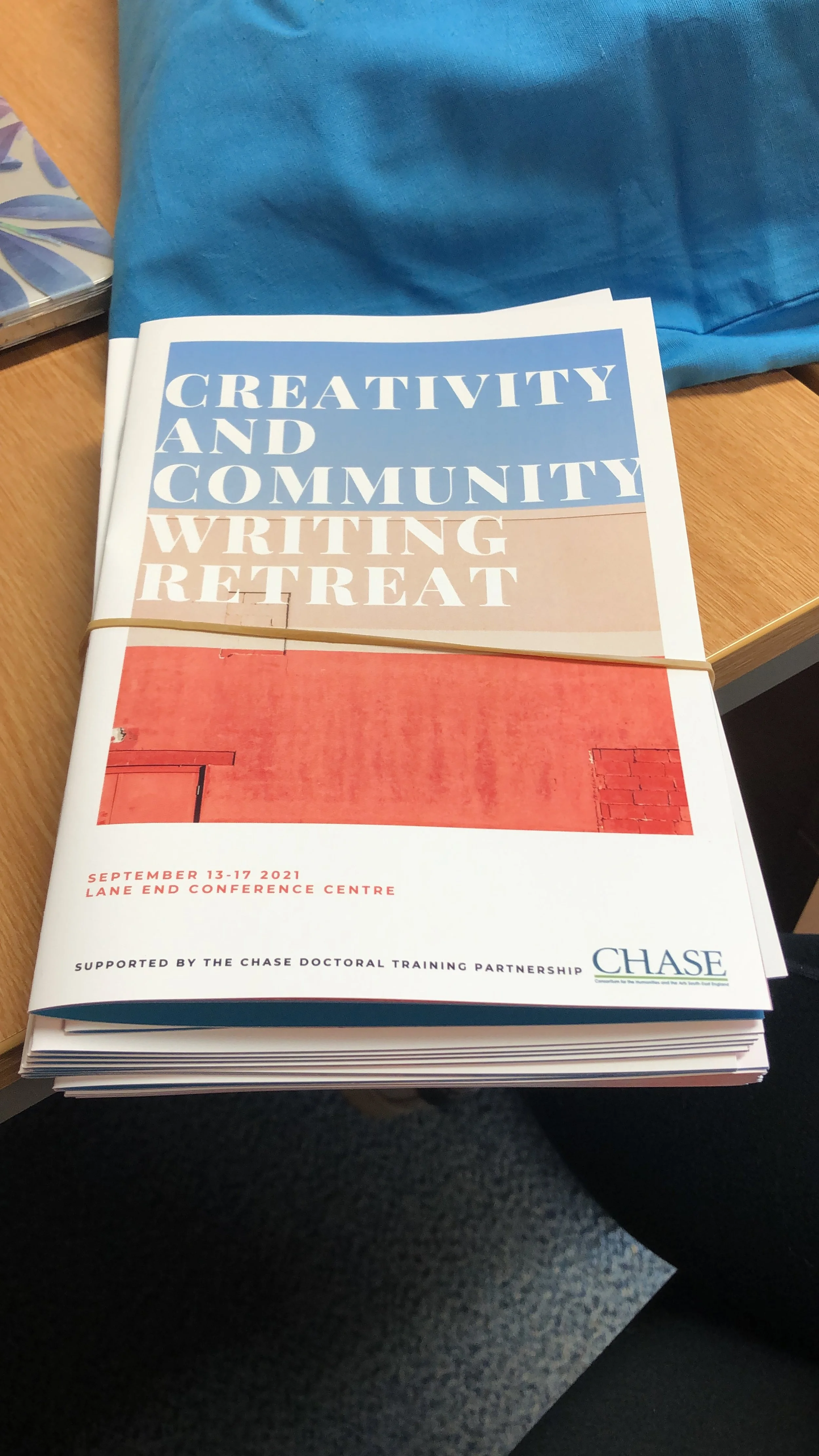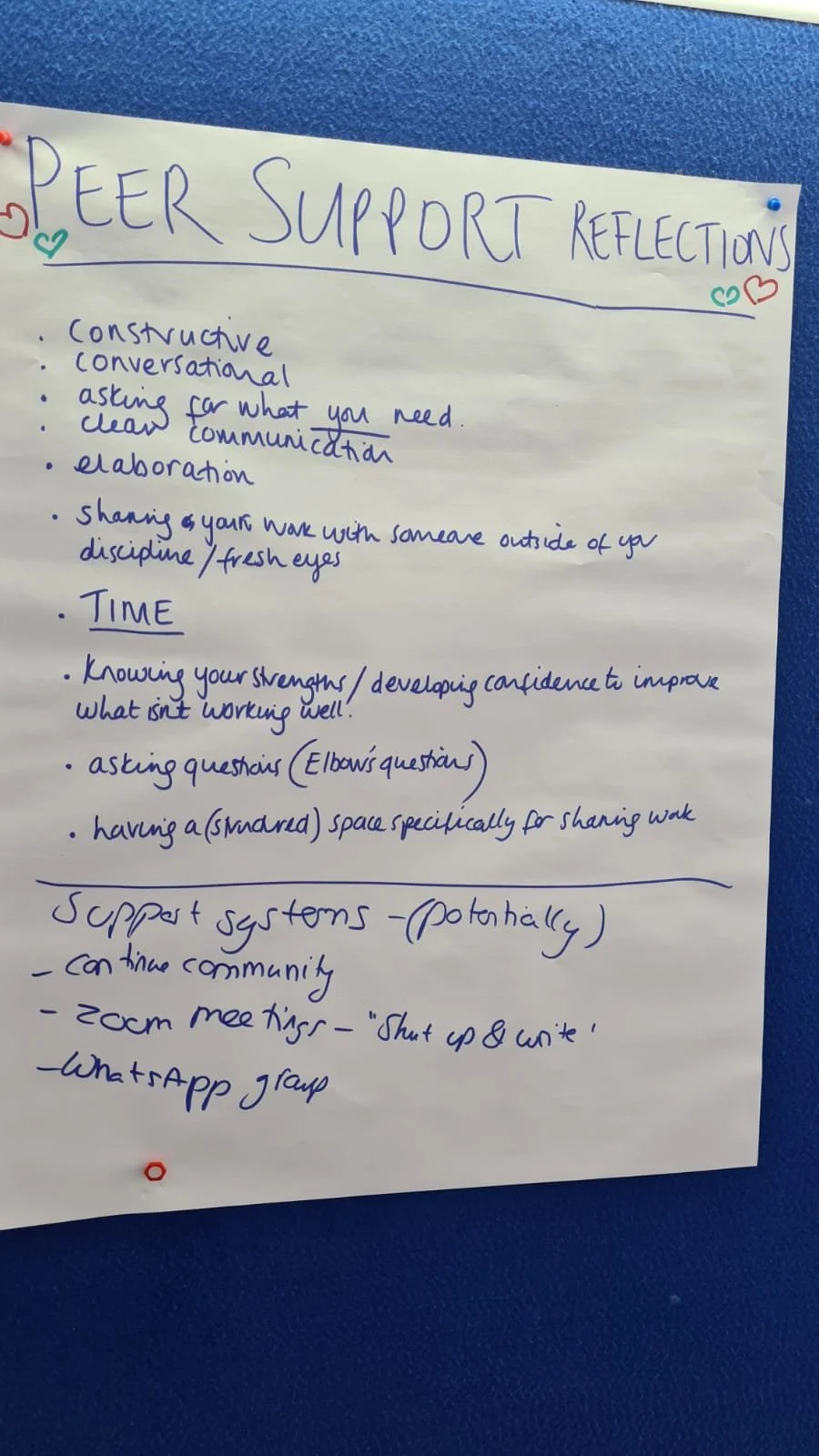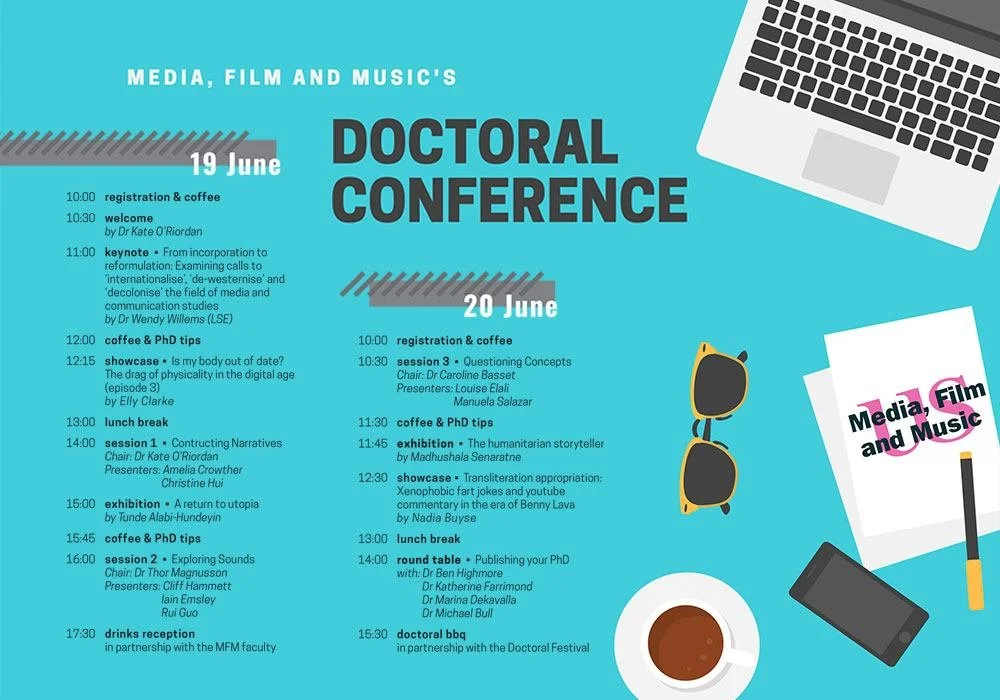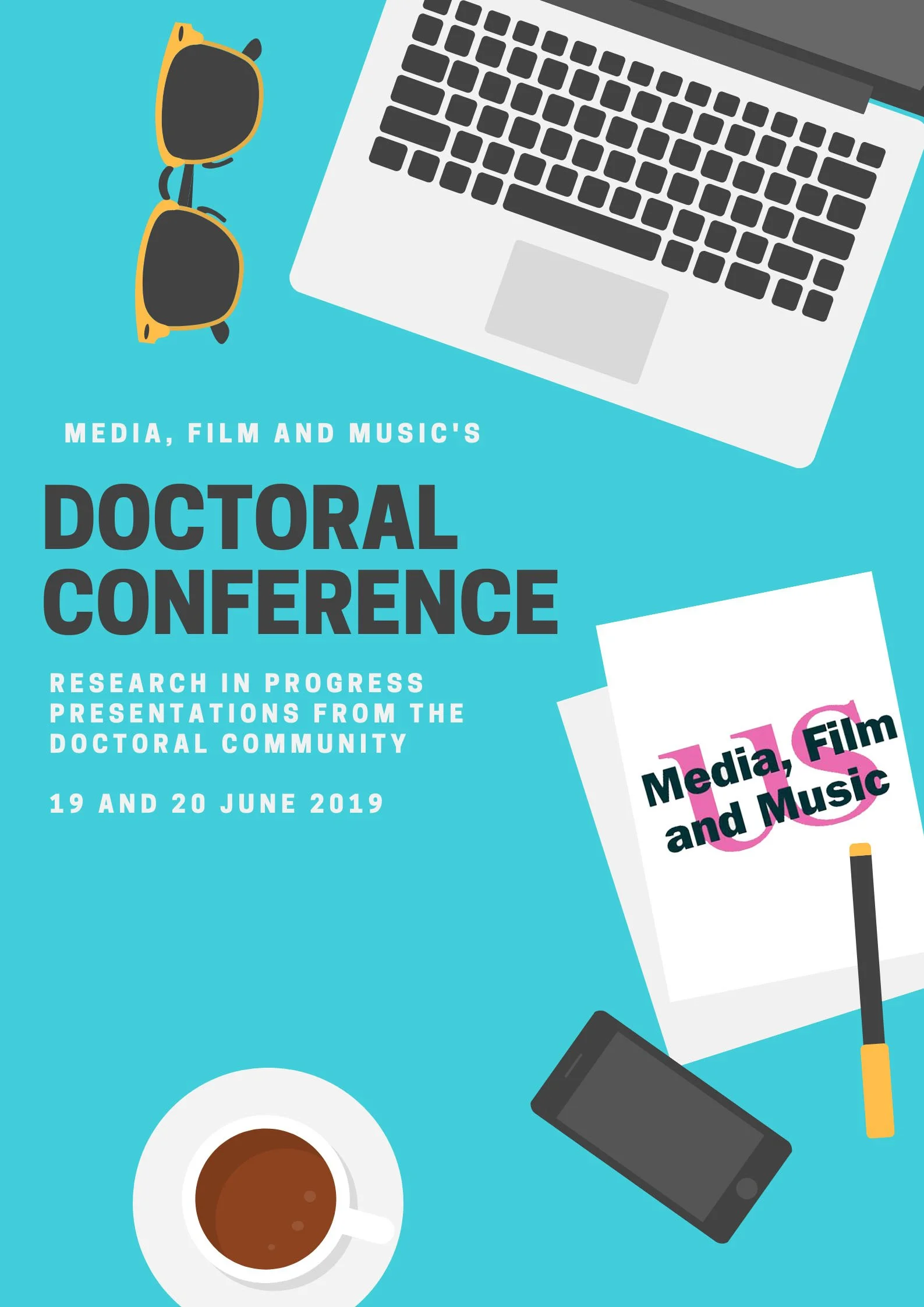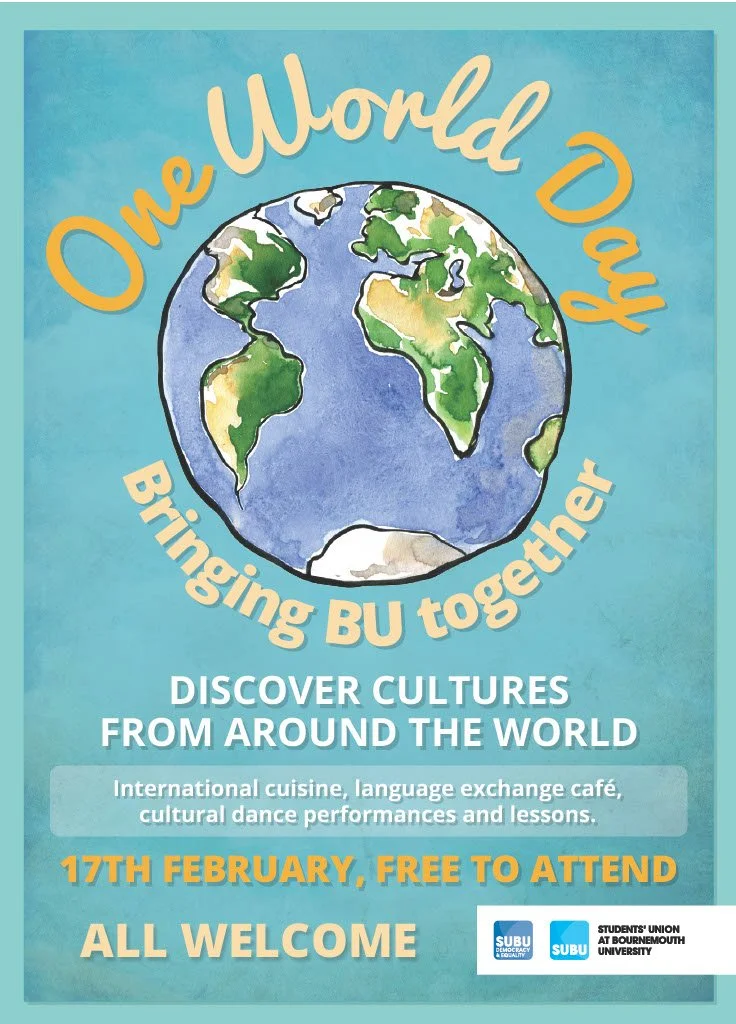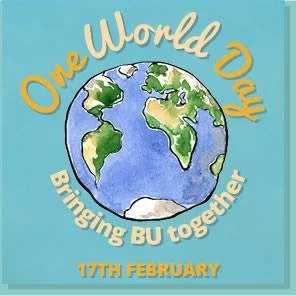Conference and Event Organisation
Reimagining Rebecca:
A Symposium on du Maurier’s novel and its legacy (2022)
Together with Amelia Crowther I have co-organised the Reimagining Rebecca Symposium on 27 May 2022. The symposium attracted interdisciplinary papers across media, film, TV, music and book adaptations and papers from across the world. The symposium was fully funded by the University of Sussex Doctoral Development Fund and took place both in-person and was live-streamed.
“I am glad it cannot happen twice, the fever of first love”
Writes Daphne du Maurier in her 1938 domestic Gothic novel Rebecca. But to look at Rebecca’s legacy is to see the fever of love for the story itself happen over and over again. Its influences on the 20th century domestic gothic and 21st century domestic noir literary genres have been well documented, while it has been adapted for the screen multiple times, most notably by Alfred Hitchcock in 1940 and Ben Wheatley in 2020. Literary sequels have been penned by Susan Hill in 1993 (Mrs. de Winter) and Sally Beauman in 2001 (Rebecca’s Tale), while Taylor Swift has recently spoken of the novel as inspiration for her song ‘Tolerate It’ on her 2020 album Evermore. The novel has won multiple awards, consistently proving its enduring influence and popularity, even while it has been accused of plagiarism for its similarities to other novels traversing comparable thematic ground, perhaps complicating such a clear cut idea of Rebecca and its legacy. Such a sprawling, complex and ever-developing legacy illustrates the indelible mark Rebecca has left on popular culture, but, as du Maurier suggests, the fever of first love might never be truly replicated.
How, then, can we consider the lasting legacy of Rebecca, particularly its many adaptations? What is perhaps lost in the retelling of this tale, and how might it have been changed and updated to rekindle something of that feverish first love for new audiences? In what ways do these adaptations cross boundaries of genre and media formats? What might this tell us about the nature of adaptation more generally, particularly in a contemporary climate obsessed with nostalgic remakes and revivals? And, looking to the past, to what extent can Rebecca even be considered a point of origin for this legacy, considering the long tradition of female Gothic fiction, for example, Jane Eyre? We look forward to a day of presentations and discussions exploring these questions and beyond through examinations of du Maurier’s novel and its legacy: its feverish first love, its second wives, and its haunting, ghostly imprint on popular culture.
Community and Creativity Writing Retreat 2021
The 2021 Creativity and Community Writing Retreat was a chance for doctoral researchers to gather and work together after a period of 18 months of restrictions put in place by the Covid-19 pandemic. Long before the virus, the U-Doc, an extensive University of Sussex research project on the mental health of doctoral researchers in the UK, identified isolation to be one of the main issues doctoral researchers face in the completion of their degree. Its initial report states that “doing a PhD without social support is damaging”, and that doctoral researchers require a tangible, visible sense of collectively working in a community. Inspired by these findings and the general yearning amongst our peers for spaces to share and create collectively, we organised a 5-day, 4 night long writing retreat for Arts and Humanities Research Students (CHASE and non-CHASE funded). It was clear to us that amongst our cohorts, there is a need for togetherness, sharing of skills and resources, and a space to work together towards achieving writing goals, especially after we had been progressing in our doctorates in spite of all the restrictions imposed by the pandemic. A longer stay in a place surrounded by nature provided a change of pace and scenery, a quiet environment away from quotidian duties and the time needed for strengthening a sense of community amongst participants. Surrounded by beautiful lawns and providing all the necessary amenities needed for such a harmonious time, Lane End Conference Centre in High Wycombe was an ideal place to hold our retreat. This retreat also included structured facilitation from Kim Lasky, writer and Associate Researcher with the School of Global Studies at the University of Sussex, who holds a Creative Writing doctorate and who emphasises the value of writing retreats away from the distractions of home and university. A format was introduced for structured writing practice, to be used during timed writing sessions throughout the retreat, consisting of goal setting, writing time, and reflection.
Doctoral Conference 2019 -University of Sussex
Together with two other doctoral researchers, I co-organised the Doctoral Day on 19 and 20 June 2019. The conference included work in progress presentations from the doctoral community in Media, Film and Music.
The MFM Doctoral Day is an annual event when PhD students from the School of Media, Film and Music have the opportunity to share the major advances in their researches, network and hang out. This year, Doctoral Day grew into a two-day event (hence the re-branding as Doctoral Conference), as a means to offer space to alternative formats, so we can better showcase the interesting projects currently happening at the school. So we invite you to explore more of the MFM community in the next two days. We are hosting three thematic panels: Constructing Narratives, Exploring Sounds, and Fashioning Identity, which are a great opportunity to hear about the research in progress by doctoral researchers. Alongside these traditional presentations, we will also showcase exhibitions by fellow PhD students. As special guests, we have the keynote speaker, Dr Wendy Willems (LSE), whose research engages with debates on the ‘internationalisation’, ‘de-westernisation’, or ‘decolonisation’ of the field of media and communication studies; as well as MFM faculty members, who will share their experiences and offer advice on publishing your PhD in a round table format. We hope you will enjoy exploring the inspiring work of the MFM doctoral community with us.
Fake Conference 2019
This two-day interdisciplinary conference aimed to gather contributions that identify, research and reflect upon various manifestations of fake. We interpret fake as: artificial, assumed (not true or real; deliberately fabricated or imitated), contrived (having an unnatural or false appearance or quality), factitious (formed by or adapted to an artificial or conventional standard), false (not genuine; intentionally untrue; adjusted or made so to deceive) and pseudo. We were also interested in considering what ‘realness’ narratives prioritise and what they marginalise.
True to its main theme, this conference sought to address ‘fake’ both academically and structurally- as a superficiality or ‘fakeness’ of academic conventions. We were interested in challenging and deconstructing entrepreneurship and professionalism of academic work and publications. Hence, the conference was divided into two parts: (1) classic chaired panels, (2) followed by a workshop during which each of the papers was discussed using a live peer-review method. The workshop aimed to showcase academic rigour and hidden labour behind academic publications rather than criticise particular papers. We planned for the final publication to take the form of a work-in-progress discussion on the conceptualisation of fake in culture.
One World Day 2015/2016
One World Day is an annual celebration of the cultural diversity of Bournemouth University’s staff and students. This event was started in 2015 by me and continues to be one of the most popular events at BU with over 400 students and staff coming together every year. Every year the event includes talks, language and cultural exchange sessions and a big celebration in the evening with food, music and dance.
